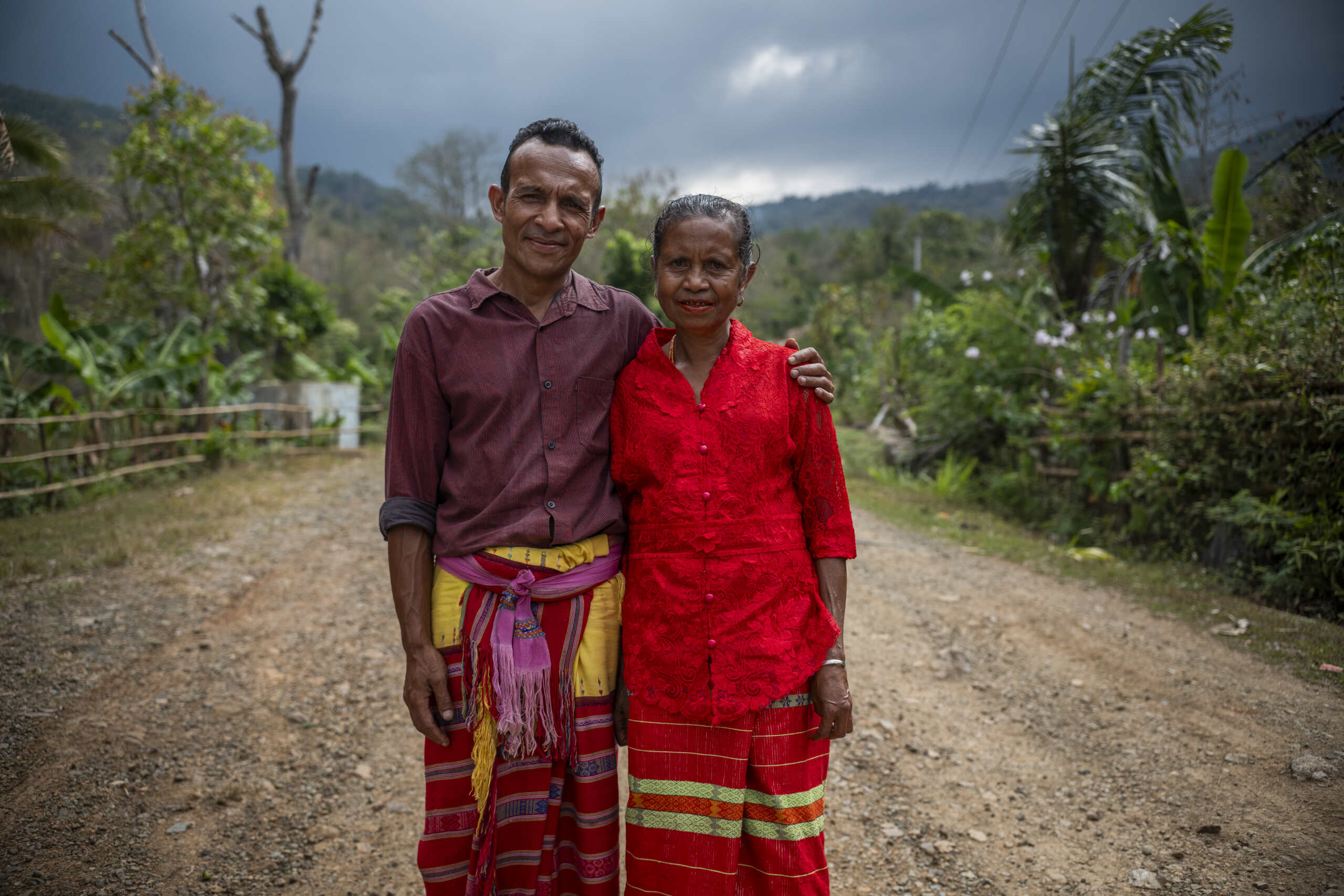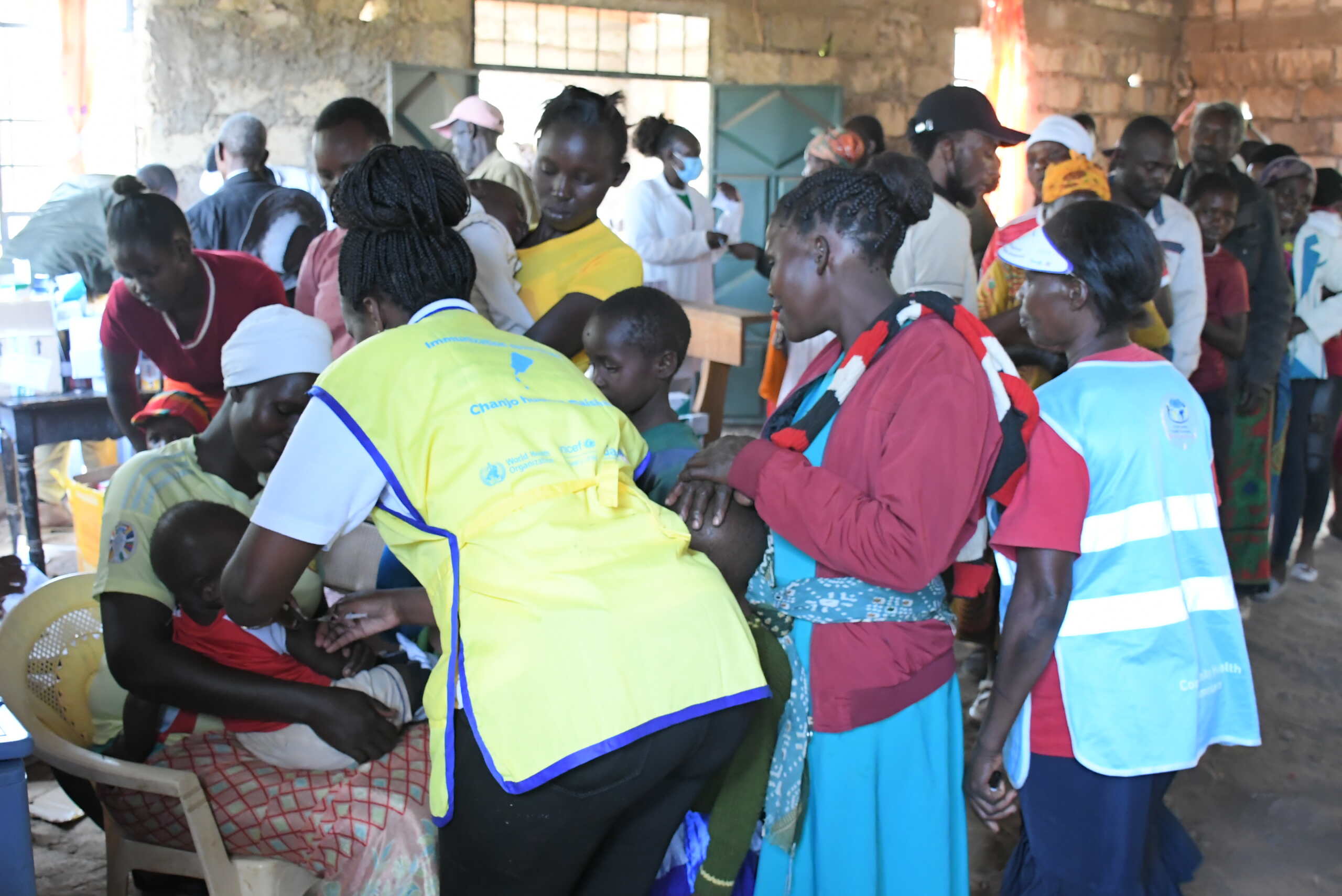Mental Illness During Times of Crisis: The Ebola and COVID-19 Crises
Stories | October 4, 2021
In times of epidemics and crisis people living with mental illness can become especially vulnerable. There are often spikes in mental health concerns reported within the general community, and these spikes can be particularly challenging for people living with mental illness. During health crisis that include lockdown procedures, people living with mental illness may find themselves cut off from familiar routines and support systems.
Networks provide a huge range of supports and include a variety of networks including friends and family networks and care-giver and support services. In low-income countries were government capacity is low, the burden of care and support is not facilitated through extensive welfare system and safety nets but rather carried by family members and communities. For example, during the Ebola epidemic in West Africa in 2014-2016, existing healthcare and designated Ebola units struggled to respond to the numbers of patients requiring care. This left much of the burden of patient care on family and support networks. Often family members were ill equipped or lacked protective wear to prevent further contamination, putting themselves at great risk.
Similar challenges exist with the current Covid-19 crisis. Challenges around lockdowns across the communities CBM works in, have seen people struggle to access vital medication to manage mental health and leaving them open to distress and leaving people vulnerable to exploitation. In other instances, people living with mental illness have seen additional stresses in the loss of work and income, and fears around supporting themselves and family in the future.
Responding to the Ebola crisis required reinforcing the existing social and formal healthcare networks, and this will likely prove a valuable means for protecting people with mental illness during the Covid-19 crisis. Strengthening these networks through greater support structures and access to healthcare providers and services will enable people to retain access to medication and support structures to maintain their quality of life. This may require greater training services for community mental health providers to ensure they are equipped with the knowledge and resources necessary. CBM is working hard with our partners in these communities to reinforce existing networks where appropriate and strengthening networks of care and support where needed most.
Learn more about CBM’s mental health programs.
Now more than ever before, the people we exist to serve are most in need. CBM is working with our partners to pivot activities and general programming to specifically equip communities for COVID-19.
Click here to donate to CBM’s COVID-19 Crisis Appeal. Your donation will go towards a broad range of initiatives that support all our communities to better face the risk of COVID-19.
https://www.cbm.org.au/stories/mental-illness-during-times-of-crisis-the-ebola-and-covid-19-crises
Related Stories

How CBM is making a difference in Indonesia
For more than 45 years, CBM Global has been working alongside communities in Indonesia to ensure people with disabilities...

Coordinating inclusive health outreach in Meru County
For many households in Meru’s rural and remote areas, basic health services are physically...

Share your advocacy preferences with us
Thank you for helping us to advocate for the one billion people with disability globally. CBM Australia advocate across...
